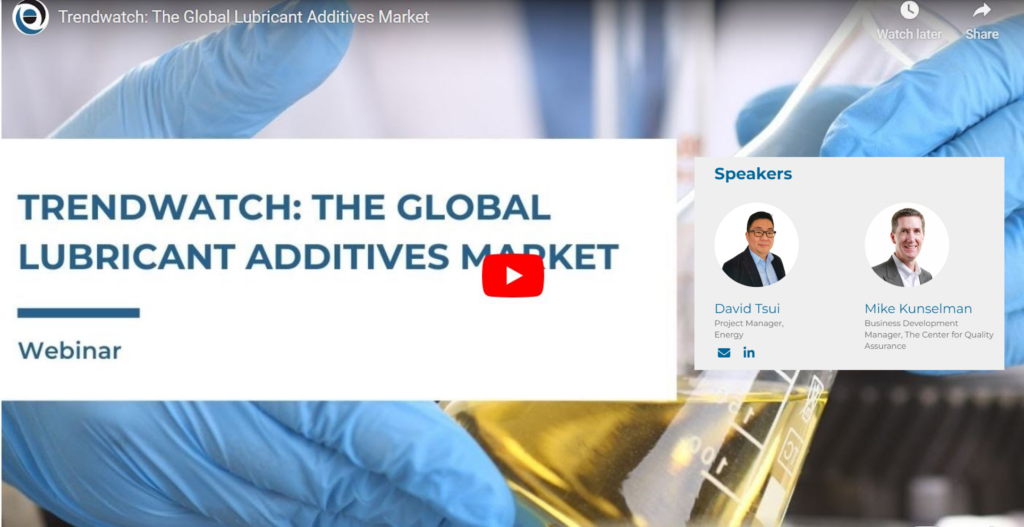Frequently Asked Questions
Q |
Who can join the IFC?
A |
Membership in the IFC is voluntary and open to industry participation. Vehicle manufacturers and Tier 1 suppliers are classified as OEM members. Other entities are classified as Industry Affiliate members. Membership is open to all companies interested in collaborating on specification development and supporting consortium activities.
Join IFC today
Q |
Is IFC membership open to industry groups and associations?
A |
Entities which are membership organizations, such as associations, consortiums, or industry groups, are not eligible to become IFC members. However, their individual member companies are welcome to join IFC.
Q |
Who creates IFC specifications?
A |
The IFC specification development process is highly collaborative. OEM members define fluid specification needs based upon vehicle hardware requirements and support test development by providing hardware and engineering expertise. All IFC members have the opportunity to participate in the developmental process of specifications through Technical Committees.
Q |
Why should I have my product certified?
A |
Fluids certified by IFC carry the IFC certification mark, an OEM seal of approval. It helps consumers identify the correct fluid recommended by their automaker and eliminates the guesswork when servicing their vehicles. The IFC certification mark represents the global standard for fluid quality, performance, and compliance. Early adopters have the potential to differentiate themselves as market leaders. The IFC certification mark is evergreen, so consumer awareness and recognition will continue to increase. And there is significant potential for market growth as additional specifications are developed and OEM support grows.
Q |
Do Industry Affiliate members have a say in how a specification is developed?
A |
Although OEMs make the final specification decisions, Industry Affiliate members are intimately involved in creating the specifications. This streamlines and simplifies the inefficiencies of the current consensus process and allows more OEMs to feel confident recommending IFC-certified fluids. This is advantageous by reducing the trend toward individual OEM specifications and the fragmentation that follows.
Q |
How will read-across be managed (BOI, VGRA, additive changes)? Will IFC develop its own code of practice?
A |
One of the operating principals of IFC is to build on what is working when possible and create new when necessary. This applies to Base Oil Interchange and Viscosity Grade Read Across guidelines in that many existing policies may make sense to continue. BOI/VGRA will be addressed in the Raw Material Interchange (RMI) Technical Committee. All IFC members are welcome to participate in the Technical Committee. Availability of raw materials and components to suppliers is of utmost importance to any industry. IFC’s emphasis on utilizing the most efficient processes, combining global resources, and encouraging collaboration of industry expertise will reduce wasted time, cost, and redundancy and positively impact limited supply issues.
Q |
How does IFC fit into the current industry specification landscape (ACEA, API, ILSAC, JASO etc)? Does it seek to sit alongside these, or supersede/replace them?
A |
IFC is the only organization focused on creating global fluid specifications with membership open to companies across the industry spectrum. Other industry organizations represent limited segments of the industry and/or undertake a broader scope of activities such as lobbying, public policy, regulatory issues, and more. The IFC systems and processes are intended to create advanced fluid specifications, globally supported by a large group of active OEMs. This may complement some specifications and replace others. The ultimate goal is to simplify and streamline the process to increase efficiency and reduce cost, time, and duplication.
Q |
What specifications is IFC currently working on and when will they be ready for licensing?
A |
IFC is currently focusing on engine oil specifications that cover a wider range of viscosity grades than what is currently available today, including viscosity grades below 0W-16. This is a priority because there is currently no global spec that covers both low and traditional viscosity grades. The specifications will service the majority of current and newly developed combustion engine technologies for several years. Two IFC specifications are expected to be released in 2022. Preliminary licensing is underway. Work on electrified vehicle specifications is expected to begin later in 2022.
Q |
How is IFC funded?
A |
Funding comes from a variety of sources. Oil marketers wishing to become licensed and offer IFC certified products provide licensing revenue. Central parts warehousing and distribution of engine test hardware provide test hardware revenue. IFC membership fees also are a source of revenue. IFC is a non-profit entity. All revenue generated by IFC activities remains in the organization and is used solely to carry out the organization’s mission.
Learn how IFC certification enhances products with an OEM seal of approval.




